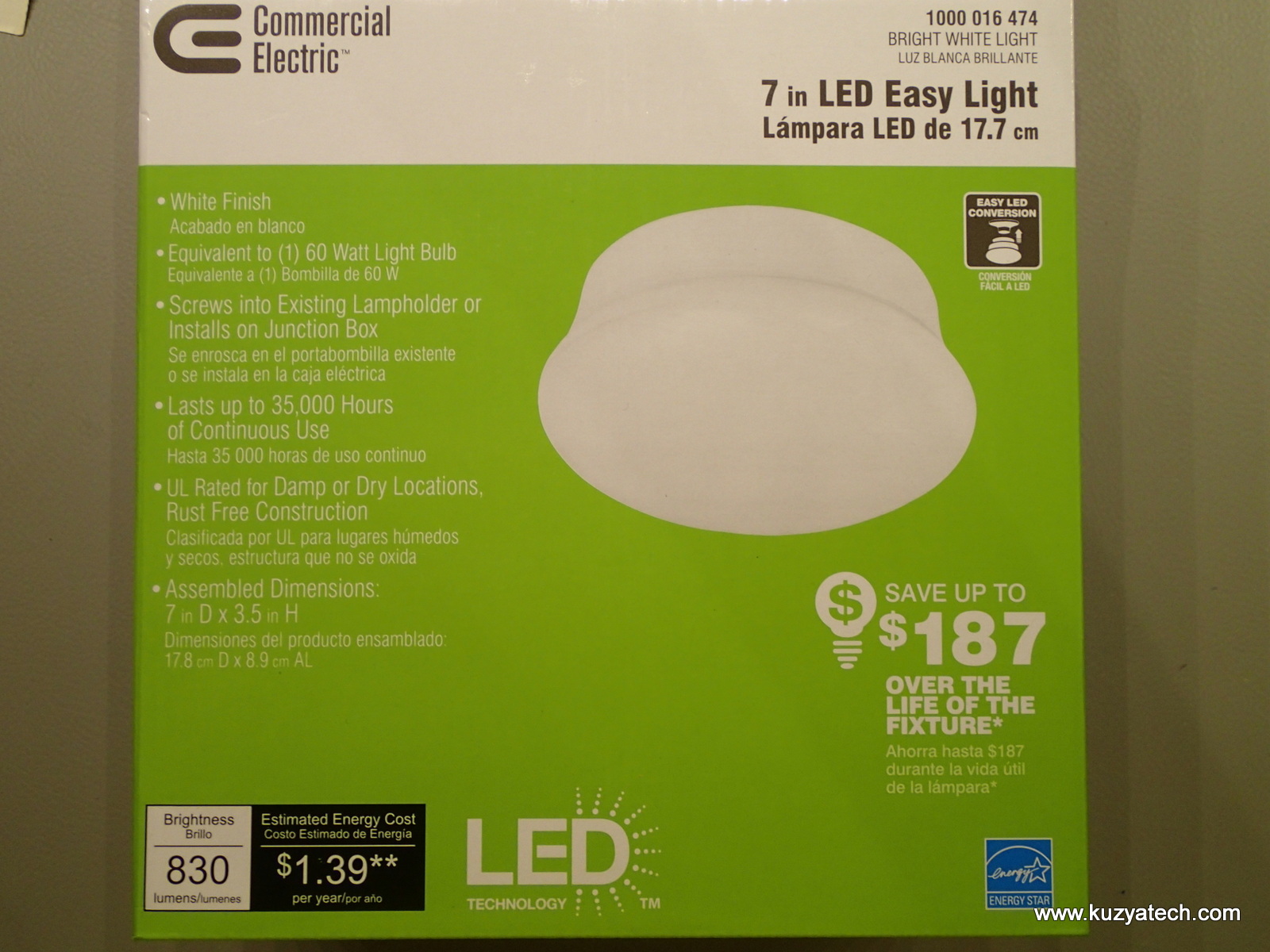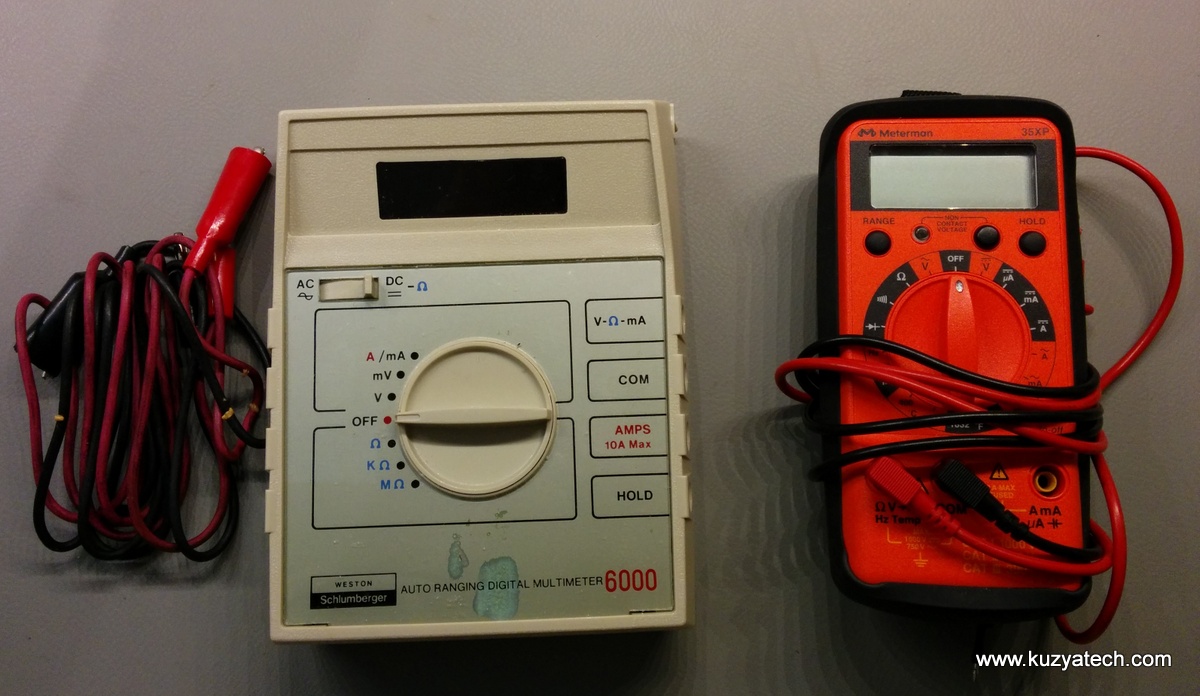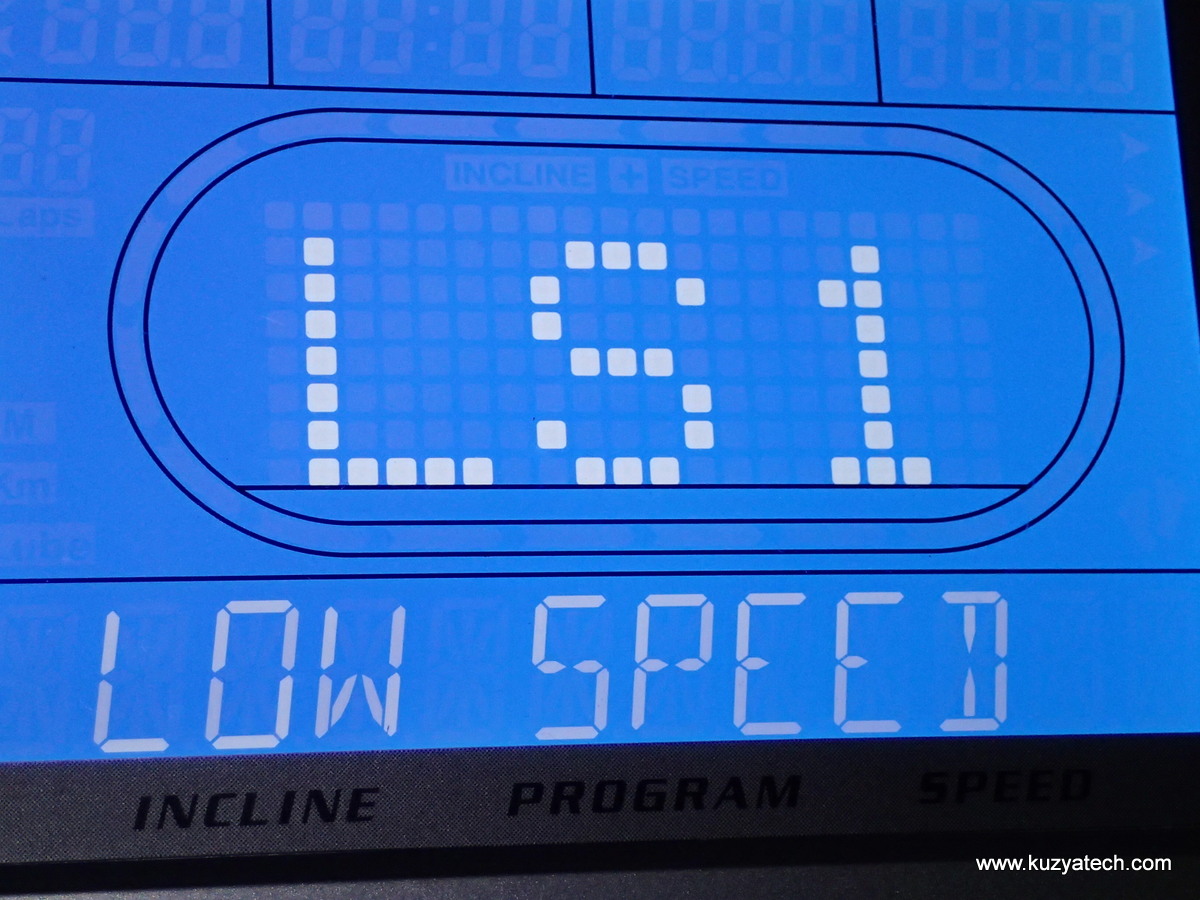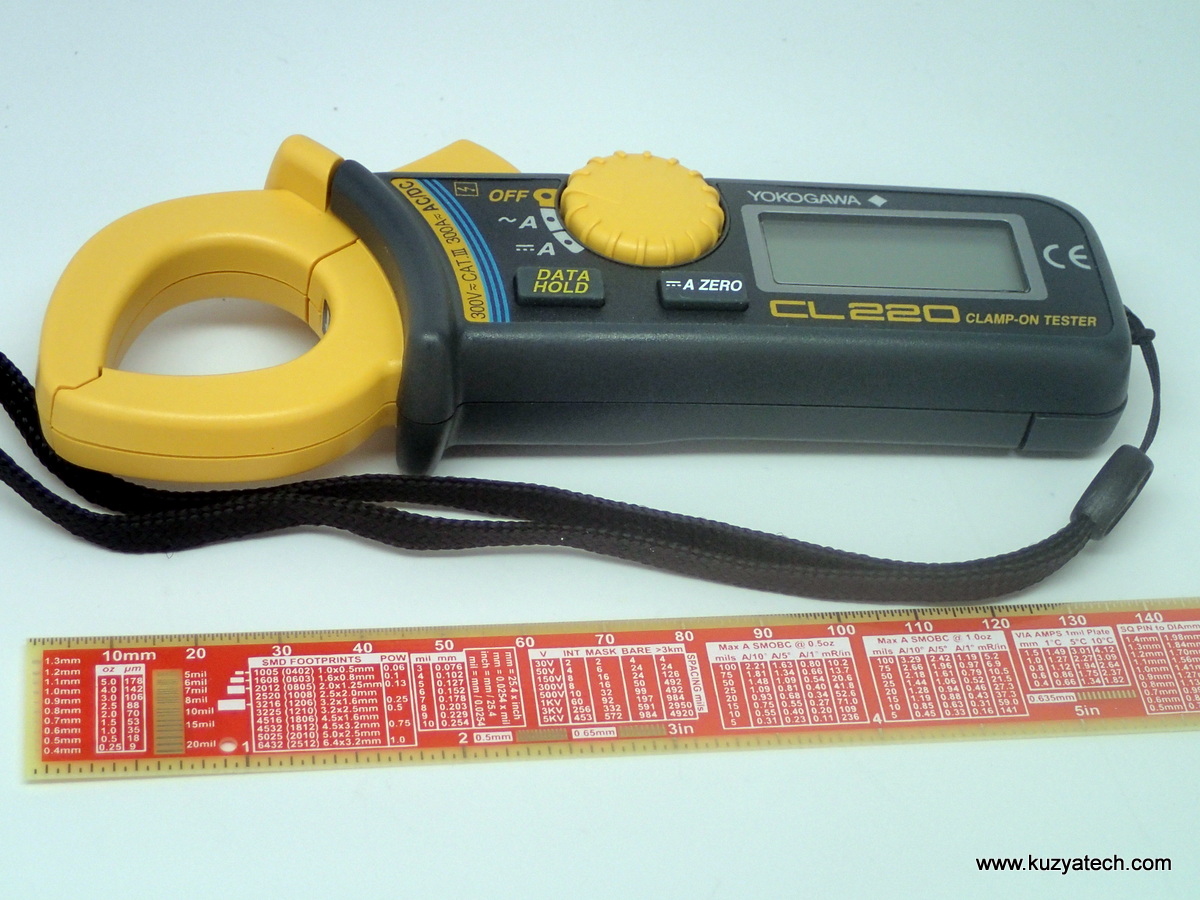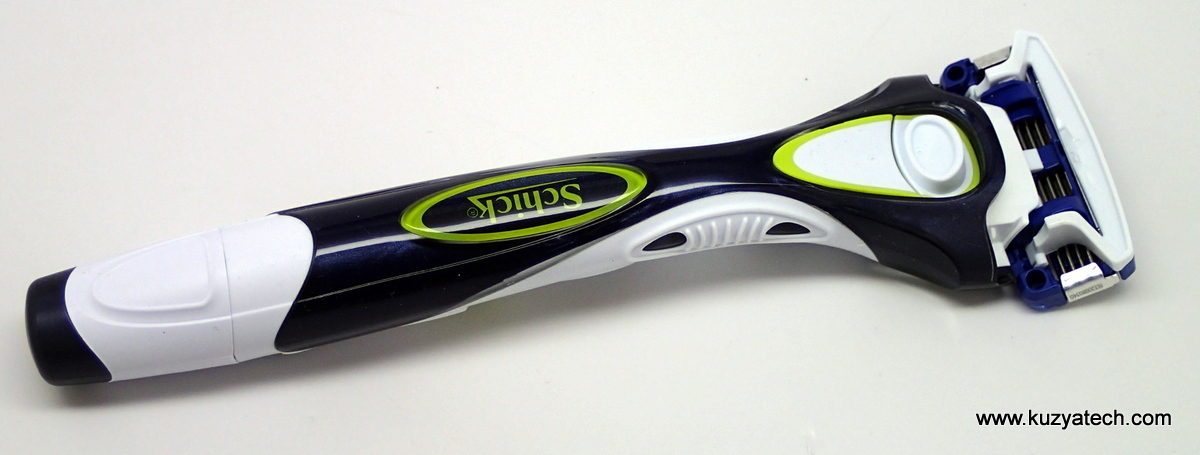I’ve been working recently on a new top secret project that used multiple slots in the board. Normally I just define them as slotted pads in Altium and the board house deals with it. Continue reading
Author Archives: reagle
Quick teardown- what’s inside a Home Depot 7in LED Easy light
I stumbled on these lights at the local Home Depot store this weekend, and was intrigues by the price ($9.95 despite being listed at $20 online) and also the versatility. You can simply screw one into an exposed lamp holder and end up with a fixture instead of a bare bulb, while also using a lot less energy.Or you can use a supplied socket with a pigtail and wire it to a ceiling box. In my case, I was looking to improve garage lighting. A single 60W bulb was just not cutting it and I am not a big user of fluorescents. These things being small and light but also enclosed would be a good choice there
Altium running slow? Here is one possible reason
Recently,I’ve been working on a design in Altium. Nothing that unusual or complicated, so I didn’t expect any troubles. I went through the standard steps of importing a dxf outline, creating board shape and placing parts. And then halfway through routing I started getting some very annoying slowdowns. You’d touch a net to start routing a trace from it and cursor changes into a spinning “wait” circle and sits there for 30 seconds or more. In some cases I had to stop Altium process and reopen it again. Not good when you have many nets to touch! Continue reading
Vintage multimeter – Weston 6000
Another addition to my growing collection of vintage multimeters is this Weston Schlumberger Model 6000 meter from the mid 1970s
The meter was listed as in almost like new condition except for a spot on the front panel. It came with (very rubbery) test leads and an actual printed user manual- a rare thing these days.The Ebay posting was worded very carefully to never mention whether the thing actually works, so I figured it did not really matter. If it does not- teardown turns into repair attempt and either way we learn something new. Continue reading
Sole F63 treadmill Error LS1
My one year old treadmill decided today to quit. It would just click the relay to turn the motor on, wait a bit and throw error code LS1 (Low speed). Quick net search returned all kinds of possible causes, usually with the company sending most of the electronic bits to the customer to replace. Awesome reason to look inside I thought!
On the pluses of microinverters
As I mentioned in the Going solar! post, my new solar electric system is using microinverters located on the back of each panel to optimize power production. All of them then connect in parallel on the AC side, running essentially independently. As an added benefit we get individual panel’s data. Let’s look into that in a bit more details.
Going Solar!
Introduction
I’ve been a big fan of solar energy for years, reading every issue of Home Power magazine, and every other thing I could find. But it always seemed way out of reach for various reasons, until this year that is. Continue reading
Vintage Keithley 130A teardown
Introduction
The latest addition to our vintage collection is a Keithley 130A handheld DMM from the mid-eighties.Keithley is not well known for its handheld DMMs, or at least I’ve never heard of them. It’s a 3.5 digit 0.25% instrument made in mid 1980s
New toy- Yokogawa CL 220 clamp meter
Introduction
I’ve been looking for a good clamp meter for a while now. While there is plenty of no-name cheap meters on Ebay, I figured I’d wait till something better “washes ashore”. So when a Yokogawa meter got caught in my ebay filters one day, I grabbed it. Yokogawa is a Japanese company, well known for their power measurement equipment. This meter has a nice mix of AC and DC current ranges fitting my low to medium current measurements needs. It is also a recent model, still being made and supported- a rarity in my lab setup of 20+ year old equipment Continue reading
Schick Hydro 5 razor teardown
Today’s teardown subject has been waiting for its turn for a while- I picked it up at the last Design East conference in Boston in 2012. There, Microchip and Energizer were talking about low power design and using these Schick Hydro 5 power razors as an example. Hot on the heels of my repair of a Philips Sonicare toothbrush, this seems to be a good fit for a comparison. Both things do essentially the same thing- they shake, light up some LEDs and not much else.

